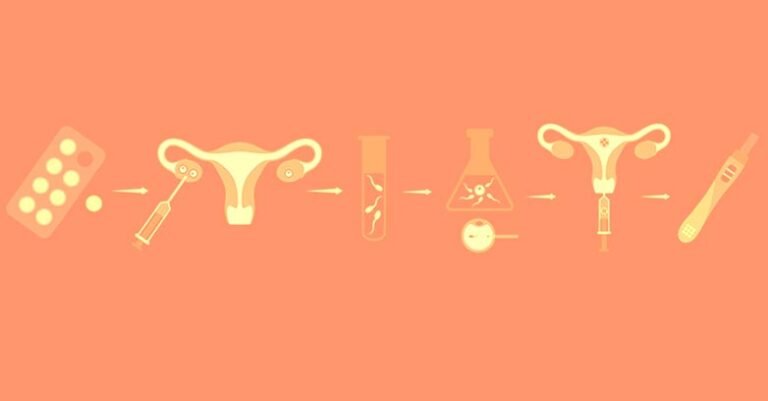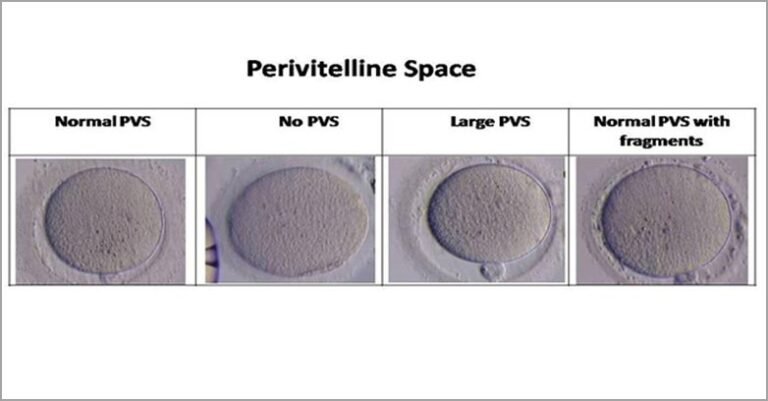Over the past few weeks, our TV channels, newsfeeds,social media platforms have been filled with terms such as ‘social distancing‘ flatten the curve’ due to the global pandemic i.e. COVID-19. There is no denying in saying that this pandemic has pressed a pause button to the world.
Whether its planned vacations, weddings, big conferences, sports events or world championships – everything is on hold.
Now that the world is facing a global health crisis, the cloud of ambiguity and uncertainty is looming larger than ever as many people are questioning how the current restrictions will impact their ability to start or grow their families. Infertility itself is a situation that endures anxiety, feeling of helplessness and fear about the future – and now, there’s COVID-19 pandemic on top of it all.
Current Situation
Given the unknown effects of COVID-19 on fertility treatment, reproductive medicine societies have recommended the suspension of new infertility treatment cycles during this time. Couples and especially women who have invested their time and a lot of money in their treatment may be frustrated and anxious about the impact of this enforced, yet indefinite delay on their chances of conceiving. This whole situation has put the health care providers in the difficult position of trying to balance the patient’s needs with the current government mandates and expert recommendations.
Infertility Care during COVID-19
There are some guidelines issued by the reproductivemedical associations and authorities to ensure that all patients and staff tobe kept as safe as possible by reducing exposure and therefore complications that may arise.
With concerning to infertility treatments during the COVID-19 pandemic, it has been advised to:
- Suspend commencement of new treatment cycles,
including intrauterine insemination,
ovulation induction; and in vitro fertilisation, including frozen embryo
transfers, retrievals, and also suspend non-urgent gamete cryopreservation.
- Cancel all embryo transfers, whether fresh or frozen.
- Continue to provide care and support to patients who
are currently ‘in cycle’ or who require urgent cryopreservation and
stimulation.
- Suspend all the elective surgeries and non – urgent
diagnostic procedures.
How REVIVA is combating the Infertility Treatments
amidst COVID-19?
Its understandable that it can be devastating for those couples who have been trying so hard to build and grow their families to now have to delay treatment due to COVID-19. The goal of this communication is to help patients to have a clearer understanding of the recommendations issued by the government and to help answer questions they may have. Thus, we are providing after-care and support via phone calls whilst keeping your safety on the forefront.
Q: Are elective medical procedures are supposed to stop;
are IVF and other fertility treatments are included in this?
A: Infertility is nothing but a disease, and getting treatment of infertility is medically necessary. IVF treatment is extremely time-sensitive and important but not a medical emergency like treatment of ruptured appendix. We know that many other non-emergency treatments are also being postponed during this crisis scattered globally.
Q: I want to pursue IVF or other fertility treatments.
Should I delay care during the COVID-19 pandemic?
A: To deal with the infertility treatment is in itself is quite daunting, especially when you’re pursuing the dream of starting or growing your family. This COVID-19 crisis has come like an unexpected challenge in the way and the government here and around the world has restricted IVF fertility centre in performing treatments.
As fertility care requires a lot of interaction and communication with many people and person-to-person meet which might increase the likelihood of getting infected in one way or the other. so, this is why we have postponed infertility care until the crisis passes.
Q: Are my frozen embryos, eggs, or sperm safe?
A: Yes. As there is no immediate threat to the safety of cryopreserved eggs, embryos, or sperm. We have some policies and advanced procedures which maintain the life of embryos, eggs and sperm.
Q: How safe is the clinic and what cleaning protocols
it is following?
A: Our clinic is following all the cleaning and safety protocols mandatory as per the government regulations. We have been keeping aclose check on every nook and corner and our cleaning staff is taking care diligently. And, we would be following these measures even after this crisis gets over for the safety of our patients and staff members.
Q: Can I still have a medical, counselling or nurse
consent consultation?
Right now, we are encouraged to minimize in-person interactions and instead utilising Telehealth conversations via phone or video chat. Patients who are undergoing through a fertility cycle and need after-care, we are here for you providing support and all the possible options.
Therefore, COVID-19 has cast the future of IVF and the fertility sector into uncertainty.
To be noted, if you have been exposed to COVID-19 or may be at risk, we recommend you to postpone the treatment until cleared by your primary health care provider. This is all in the interest of your safety and the safety of our staff members and other patients. For more information,
You can email us or call us. We all are in this together.
As we are facing this unprecedented health crisis due to the wide-spread of the coronavirus, we recognise and appreciate the efforts and response of the entire army of doctors, staffs, and nurses who are tirelessly doing their jobs and helping the patients from this dreadful disease.











































